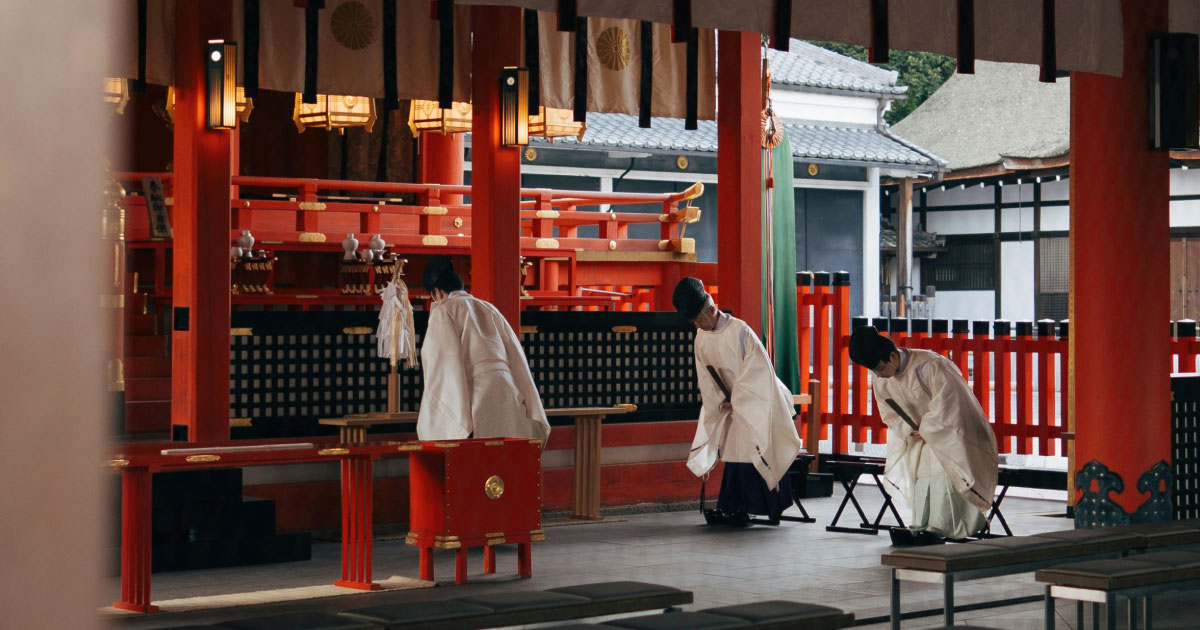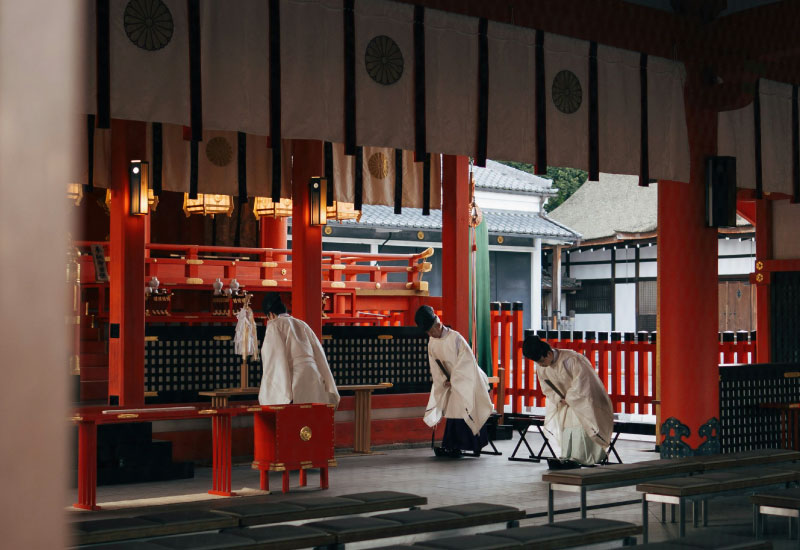July 4, 2025
Another one of our Japan travel guide series explain the do's and don'ts when it comes to the Japanese culture and traditions.

Japan has a quiet way about drawing you in with tradition and its unique culture. From the soft rustle of kimono fabric within Kyoto’s alleyways to the hum of vending machines under Tokyo’s neon glow ranges a country where centuries-old traditions exist well with modern life.
For Malaysian travellers, Japan provides scenic views along with shopping. A culture valuing subtlety along with custom is available too. But to truly connect to the place, if you can understand just how things are done and why they matter, it can make all the difference.
This edition of Japan travel guide series brings together real experiences from fellow travellers and perceptions from locals so that the guide helps you navigate Japan with confidence and care.
Everyday actions within Japan quietly carry some meaning. These are small gestures that reflect a deep respect for order.
Consideration is also reflected in the way people queue or in how a shopkeeper bows as you leave. This very sense of calm structure might just feel unfamiliar at first for the Malaysian travellers. It is part of what makes Japan so unique, though.
Daily life involves traditions as well as museums or festivals for preserving them. Seasonal rituals to serve tea show a quiet rhythm for actions.
When understood, these customs help you connect more deeply with encountered people along with places while avoiding awkward moments. This guide is here to serve that purpose: to help you respectfully explore within Japan, not just smartly.
A. Everyday Etiquette

In Japan, thoughtfulness is a key part of each day of life. A slight bow while greeting someone can show respect without needing perfection. Keep quiet during public transport. Phone calls are usually avoided as well as soft speech being used. This helps keep the space calm among everyone.
Waiting is important; therefore, line formation and patience are important. Carrying cash is smart as well. Cards are not taken everywhere. Locals will appreciate all the effort if you are able to learn some basic phrases like “arigatou” or “sumimasen” even if your pronunciation is not spot on.
B. Traditional Customs
Taking shoes off is normal inside houses plus customary inns, and at some restaurants. By following others' example as well, you will usually see slippers there at the entrance. At temples and at shrines, take just a moment to watch just how all locals behave: rinse your hands, bow so quietly, and try to avoid chattering so loudly or posing for all selfies near those sacred spots.
Festivals are fine to join in on, plus yukata or the traditional Japanese bathing robe are fine to try on. You must just be respectful at the time that you do these things. Everyday life incorporates these traditions, and they are not just for show, though. You can connect to the culture in a meaningful way. Being mindful of the people around you can help make that connection.
A. Everyday Etiquette
Some habits that seem normal at home may be seen as rude within Japan. Tipping, in short, is not a thing. Good service is to be expected, and it is already included in the price. Additional cash left might perplex workers.
No one is going to be allowed to talk in such a loud way or make more phone calls on the trains. People text instead of talking and keep their phones silent. What about the option of using your finger to point? Is it aimed at things or aimed at people? Gesturing with your entire hand is more courteous yet less forward.
B. Traditional Customs

A few of the traditions do also require us being on guard. Sticking your chopsticks upright into any rice bowl is thought of as bad luck because it is linked with some funeral rituals. If you visit an onsen or public bath, take certain precautions. It is important to wash up before entry. Hygiene forms part of the total experience.
Because temples and shrines represent peaceful spaces, skip loud talk or selfies just before entering holy areas. It is best to admire something from afar with respect if you are not invited to touch it. Understanding does aid a few and it matters a lot.
Japanese locals are both kind and welcoming, especially when visitors are respectful. For arriving on time as for speaking quietly in public as well as for dressing modestly at temples or shrines may seem small. These actions matter. These habits are what will show your attention to detail. These behaviours prove that you are here to stay.
Being now quite familiar with all those cultural details makes it much easier for one to avoid any of those awkward moments which you might miss at another time.
For example, wearing shoes into a tatami room is often a common mistake so you must always look out for slippers or shoe racks near the entrance. Tipping is not a habit within Japan; they might return extra money if left politely. Being aware of each of these things can help you feel more respectful during your trip and not make major slip-ups.
It is important to try to be aware, attentive and receptive to the Japanese culture and traditions. One will not have to memorise all the rules within such a process. Some basic awareness helps a lot toward making travel smoother and more respectful.
Getting everything right is not necessary at all. What truly matters is awareness paired with genuine concern, it helps people connect with those around them. Traveling with curiosity makes the experience significantly more meaningful.